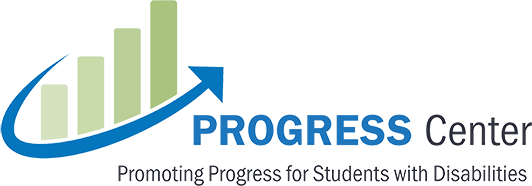How can private school practitioners promote progress for struggling learners, including students with disabilities, as they return to school this fall? In the 2024 Private School Forum, PROGRESS Center experts and Educators in Residence highlight six high-leverage, evidence-based practices shown to support implementation of high-quality instructional programming for all learners, regardless of their need or grade span. Participants will have access to freely available resources to support implementation in their local sites.
